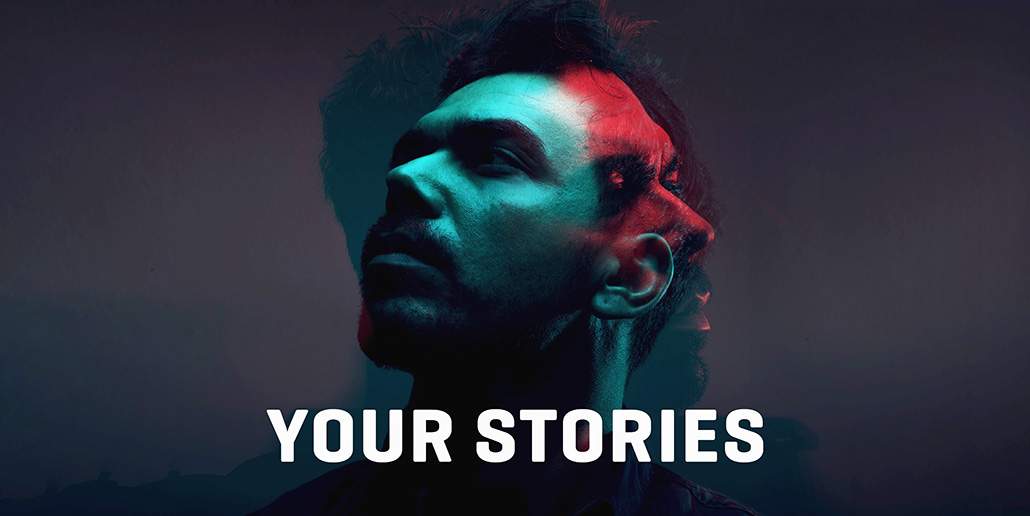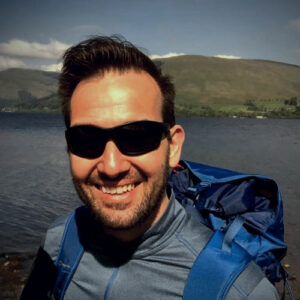
Recovering from CPTSD
Jack shares his story with CPTSD, and how talk therapy, journaling, staying active, and helping others have facilitated his recovery.

Jack shares his story with CPTSD, and how talk therapy, journaling, staying active, and helping others have facilitated his recovery.
"It's crucial for men to recognize that expressing emotions and seeking help is a sign of strength, not weakness."
About Jack:
 Jack is a child sexual abuse survivor who was diagnosed with complex post-traumatic stress disorder (CPTSD) 6 years ago and is an advocate for men’s mental health and raising awareness of the complexities of living with CPTSD.
Jack is a child sexual abuse survivor who was diagnosed with complex post-traumatic stress disorder (CPTSD) 6 years ago and is an advocate for men’s mental health and raising awareness of the complexities of living with CPTSD.
I lived many years of my life suppressing past trauma. It finally hit me as I was raising my daughter and she was at the age of when I suffered my child abuse. That’s when I entered therapy, as I would often suffer from emotional flashbacks and not know what it meant. It was while in therapy that my child abuse started to be exposed and how much trauma from that affected my everyday life.
However, it wasn’t until my 3rd attempt at finding a therapist after being misdiagnosed previously, who was trained in trauma therapy, that I was diagnosed with CPTSD. I began to understand the patterns of behavior I had unconsciously adopted and how they impacted my relationships with loved ones, family, and friends.
When I understood the whys, it helped me shift my perspective and work on my healing.
As men we are often told to “suck it up” and to not talk about mental health. This societal pressure can lead to feelings of isolation and misunderstanding. It’s crucial for men to recognize that expressing emotions and seeking help is a sign of strength, not weakness.
I spent decades bottling up my trauma and depression, so it took me until I was 40 for it all to spill out. Do not be ashamed to ask for help. It’s vital that you do. Reaching out for support can be a crucial step in the healing process, allowing us to confront our struggles rather than suffer in silence.
Remember, it’s okay to talk.
-Jack Brody, New York City, New York, USA
Too many men suffer in silence. Become a peer supporter for the men in your life.
In this four-part course (15–20 min each), you’ll learn what effective peer support looks like, how to show up for others, and how to stay grounded while doing so.